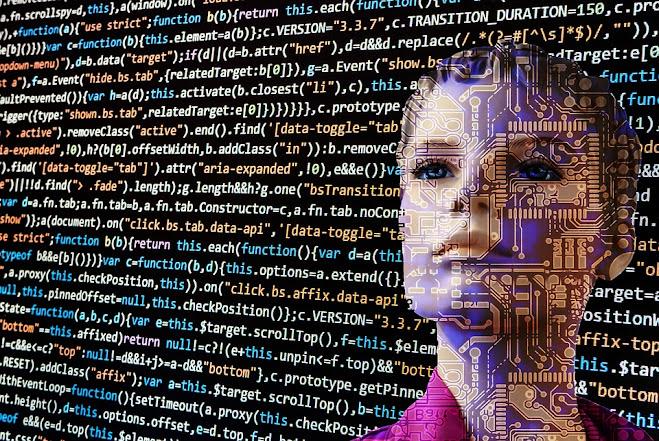Artificial Intelligence (AI) is an area of computer science that focuses on the creation of intelligent machines that work and think like human beings. AI is rapidly advancing and has already been integrated into various aspects of our daily lives, from personal assistants like Siri and Alexa to self-driving cars. With its ability to analyze large amounts of data quickly, AI has the potential to revolutionize many industries, from healthcare to finance to transportation. In this article, we will explore the history of AI, its current applications, and its future possibilities.
History of AI:
The idea of creating machines that could think and learn like humans has been around for centuries. In the early 19th century, mathematician Charles Babbage designed a machine called the Analytical Engine, which was the first concept of a programmable computer. However, it wasn't until the mid-20th century that AI became a reality.
In 1956, a group of researchers organized a conference at Dartmouth College to discuss the potential of creating machines that could reason and learn like humans.Over the next few decades, researchers developed various AI techniques, including rule-based systems, expert systems, and neural networks.
This technique involves training a computer to learn from data instead of being programmed by humans. The rise of big data and advances in computing power have made machine learning much more practical, and it has become the dominant approach in modern AI.
Current Applications of AI:
. Self-driving cars use AI to analyze their surroundings and make decisions about driving. AI is also used in finance to detect fraud and in healthcare to diagnose diseases.
One of the most promising areas of AI is in the field of natural language processing (NLP). NLP involves teaching computers to understand human language, both written and spoken. This has many applications, including virtual assistants, chatbots, and automatic translation.
Another area of AI with tremendous potential is computer vision. Computer vision involves teaching computers to interpret visual information, such as images and videos. This has applications in fields like surveillance, robotics, and autonomous vehicles.
Future Possibilities of AI:
The potential for AI is nearly limitless. In healthcare, AI could be used to develop personalized treatment plans for patients based on their medical history and genetic makeup. In finance, AI could be used to predict market trends and make investment decisions. In transportation, AI could be used to optimize traffic flow and reduce accidents.
One of the most exciting possibilities for AI is in the field of robotics. With advances in AI and robotics, it's possible that we could soon have robots that can perform tasks like cooking, cleaning, and even caring for the elderly and disabled.
Another area of AI with tremendous potential is in the field of education. With the rise of online learning, AI could be used to personalize education for each student, providing them with individualized instruction and feedback.
Concerns about AI:
While the potential for AI is enormous, there are also concerns about its impact on society. As AI becomes more advanced, it's likely that many jobs will become automated, leading to widespread unemployment.



